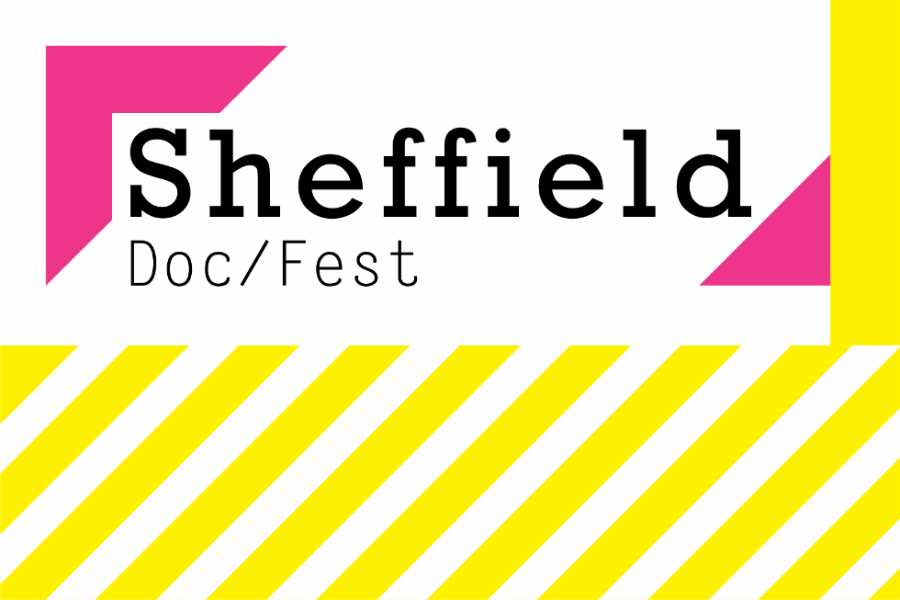Sheffield Doc/Fest 2014 — The Highlights

Blindfolded film? Cyber-terrorists? Pop superstars? Ahead of its opening this weekend, let Jay Bernard guide you through the UK’s largest and most respected documentary film festival…
This the Doc/Fest’s 21st year and it’s far from a quarter-life crisis. Indeed, the Sheffield International Documentary Festival (SIDF) has been riding a crest of popularity over the last decade, steered by director Heather Croall; it is now the UK’s largest documentary festival, third largest in the world and host to a glittering list of delegates.
Opening night is packed with the much anticipated Pulp: A Film About Life, Death and Supermarkets (Florian Habicht — screened nationally at cinemas live from Sheffield on Saturday) which brings the Sheffield natives back home; Happiness (Thomas Balmes) to be screened at the famous Devil’s Arse cave a few miles away; and South-African political tragedy Miners Shot Down (Anita Khanna).
The variety therein belies an even broader programme that has cemented the festival’s reputation here and abroad, not just for what appears on screen but what happens behind the scenes: Sheffield is one of the rare festivals where buyers, makers and other industry professionals mingle for the entire show. The festival is dedicated to containing the number of delegates and attendees, rather than planning for endless growth in order to provide a unique, personable experience. This is reflected in the curated Road Map (available to download) that guides you through the hundreds of pickings on offer, coupled with the beautifully produced SIDF app.
But the main attraction? Seeing the scale of what can be done. There’s Robert Tercek’s From Observer to Activist: Documentary Film in Surveillance Society, which brings to mind Muna Luksch’s surveillance sci-fi movies made using Freedom of Information requests. Rosemarie Lerner’s Quipu Project is a fascinating interactive documentary about the mass sterilisation of indigenous Peruvian women. Kara Oehler’s GIFs, Movie Clips and the New Visual Language should be an intriguing insight into the ambiguities and nuances of an interactive mass media. To complement, The Internet’s Own Boy, part of the Cyber strand, charts the inspiring and tragic story of Aaron Swartz, the late internet activist who was pursued by the US government for his quest to make information free to all. And Amir Amirani’s We Are Many looks like a promising retrospective of the global demonstrations against the Iraq war in 2003 — of certain interest to those for whom Iraq was their first political experience.
And there are panels too. Grayson Perry, Sue Perkins, Owen Jones, Olly Lambert, Hussain Currimbhoy (head programmer of SIDF) and many others will be appearing to talk about everything from the secrets of festival programming to the rise of video games as the ultimate interactive entertainment. Top of my list is Door in the Dark (Amy Rose, May Abdalla), an immersive, blindfolded documentary that explores the experience of being profoundly lost. It is axiomatic that this is now a rare occurrence, but tell that to the passengers of Malaysian flight MH370 whose disappearance is of conspiratorial proportions.
And that’s what makes SIDF an attractive festival – not only the opportunities for enthusiasts and makers, but the nature of the question at its centre: how to tell the truth?
Jay Bernard
Sheffield Doc Fest opens tomorrow Saturday 7 June until Thursday 12 June 2014. You’ve got until midnight tonight to buy tickets — Interactive £238.80; Standard £358.80; Day Pass £180; Concessions £99 + VAT
See here for the full festival programme





